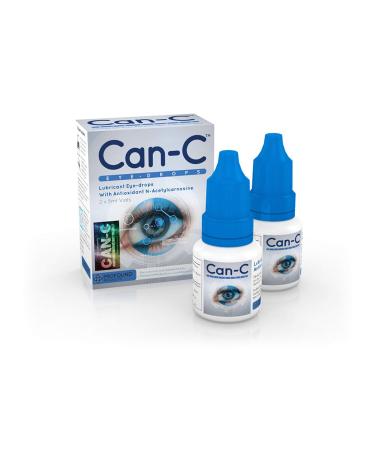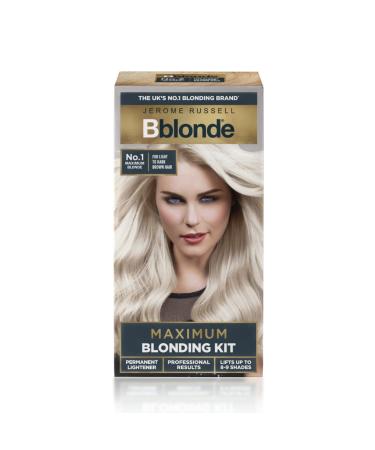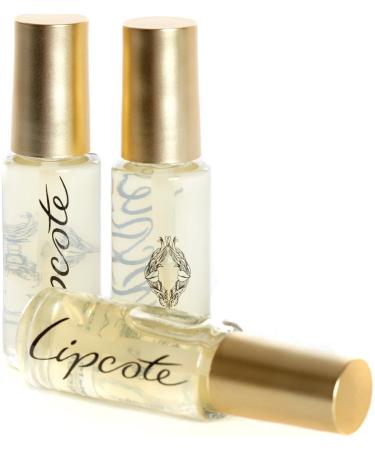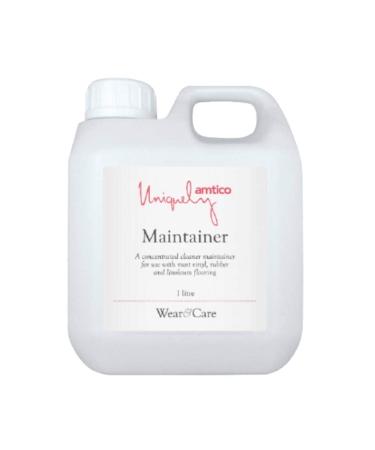Coenzyme Q10, also known as ubiquinone, ubidecarenone, coenzyme Q, and abbreviated at times to CoQ10, CoQ, or Q10 is a coenzyme that is ubiquitous in animals and most bacteria. It is a 1,4-benzoquinone, where Q refers to the quinone chemical group and 10 refers to the number of isoprenyl chemical subunits in its tail. What is Co Q 10 used forIt helps provide energy to cells. Coenzyme Q10 also seems to have antioxidant activity. People with certain diseases, such as heart failure, high blood pressure, gum disease, blood infections, certain diseases of the muscles, might have lower levels of coenzyme Q10. Should I take CoQ10Coenzyme Q10 (CoQ10) has been linked to improved aging, exercise performance, heart health, diabetes, fertility and migraines. It may also counteract adverse effects of statin medications. Typically, 90–200 mg of CoQ10 per day are recommended, though some conditions may require higher dosages of 300–600 mg. What causes low coenzyme q10A lack of functional protein produced from any one of the COQ genes decreases the normal production of coenzyme Q10. Studies suggest that a shortage (deficiency) of coenzyme Q10 impairs oxidative phosphorylation and increases the vulnerability of cells to damage from free radicals. Is CoQ10 good for your heartUbiquinol, the active antioxidant form of CoQ10, is made in the body from ubiquinone. Recent research links low blood levels of CoQ10 with low levels of heart-protective "good" cholesterol which in turn may further increase risk for heart disease. Cholesterol-lowering statins may also reduce blood levels of CoQ10. INGREDIENTS CoEnzyme Q10 30mg Sunflower Oil, Gelatin, Purified Water, Glycerin DIRECTIONS Two to four softgels daily with food See moreMade In The UK. Letterbox Friendly Packaging. Aids muscle recovery. May help to speed-up metabolic rate. Aids weight loss and boosts energy.













